Publications
Articles, publications, books, tools and multimedia features from the U.S. Institute of Peace provide the latest news, analysis, research findings, practitioner guides and reports, all related to the conflict zones and issues that are at the center of the Institute’s work to prevent and reduce violent conflict.
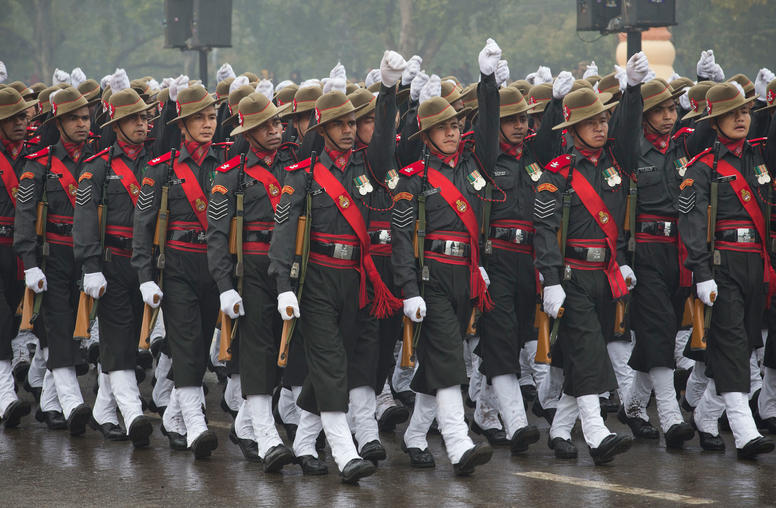
How to Deal with the Risk of Nuclear Escalation in South Asia
Two months ago, India accidentally launched a missile 75 miles into its rival Pakistan’s territory. Although many U.S. policymakers could be excused for having both eyes on the Russia-Ukraine conflict, for those pursuing stability in the Indo-Pacific, this was a reminder of the nuclear risks endemic to the region.
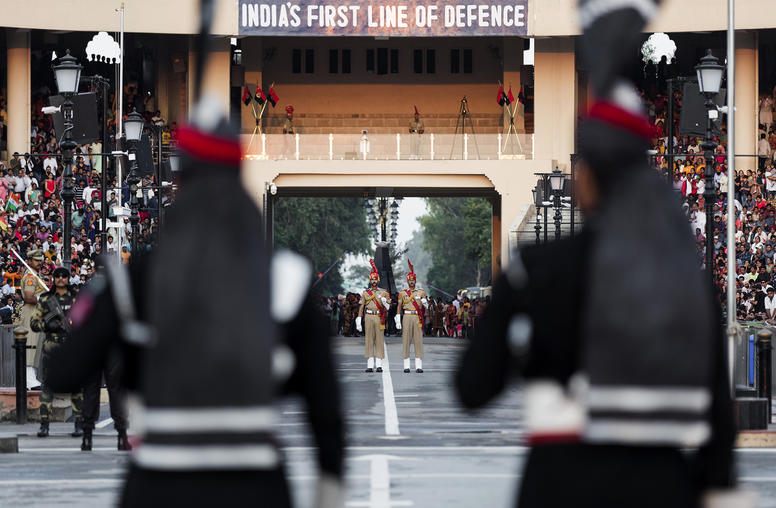
China, India and Pakistan: Tenuous Stability Risks Nuclear War
Over the past decade, long-standing disputes between the nuclear-armed states of Southern Asia have repeatedly veered into deeper hostility and violence. These regional developments reflect and reinforce new and significant geopolitical shifts, starting with the global strategic competition between China and the United States. In Southern Asia, relations between the United States and Pakistan have frayed even as U.S.-India and China-Pakistan ties have strengthened. The region now faces deepening and more multifaceted polarization. Global competition adds fuel to regional conflict and reduces options for crisis mediation.
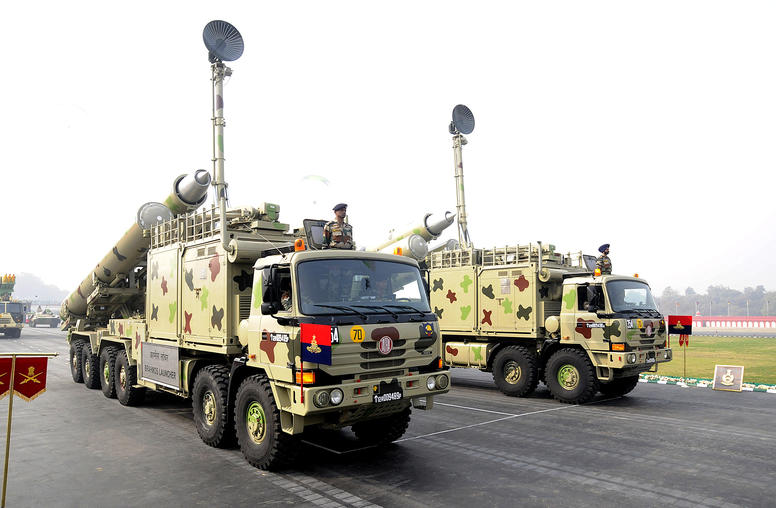
Enhancing Strategic Stability in Southern Asia: USIP Senior Study Group Final Report
This report reviews the challenges posed by changing strategic circumstances in Southern Asia, assesses a range of US policy options, and presents a set of priority recommendations for US policymakers.
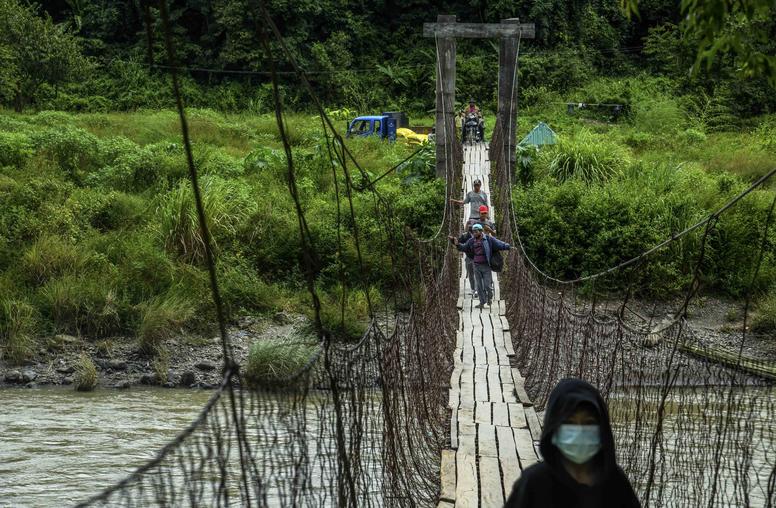
Over a Year Later, Myanmar’s Military Coup Threatens India’s National Security
The conflict in Myanmar triggered by the February 1, 2021, military coup that toppled the democratically elected government has not only become a disaster for Myanmar, but also for countries across the region. China’s response has received considerable international attention, as has the struggle within the Association of Southeast Asian Nations (ASEAN) to forge a resolution to the conflict. The impact on Myanmar’s western neighbors, however, has largely gone unexamined — with the exception of analysis of the consequences for Rohingya refugees, who are indefinitely stranded in Bangladesh with no chance of safely returning to Myanmar under this military regime.
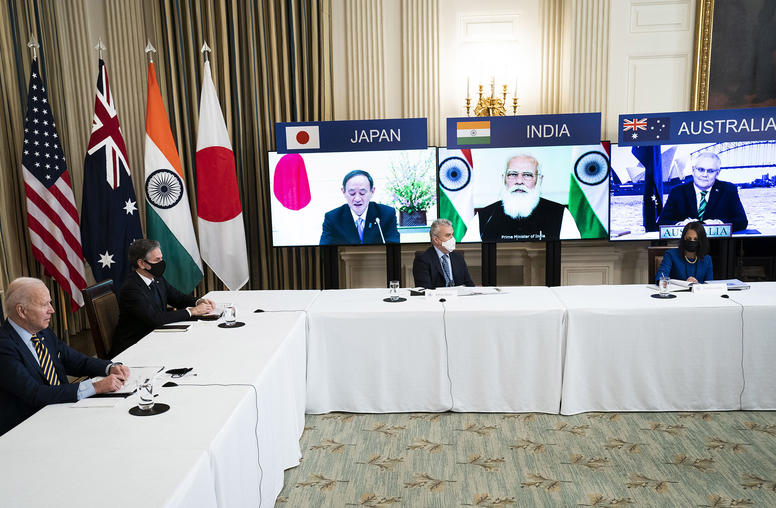
A Closer Look at Biden’s Indo-Pacific Strategy
On February 11, the White House announced its new strategy for a “free and open Indo-Pacific” region, which pledges support for regional connectivity, trade and investment, and deepening bilateral and multilateral partnerships. USIP’s Daniel Markey, Vikram J. Singh and Carla Freeman analyze the key priorities outlined in the document, and the strategic dynamics between the United States, India and China in the region.

Dan Markey on the Quad Leaders’ Summit
USIP’s Dan Markey says the growth of the Quad — a partnership between the United States, Australia, India and Japan — can be seen as a counter to China, but “instead of being principally a military organization, the Quad … will focus on more positive ventures” such as vaccine diplomacy, climate change and technology.
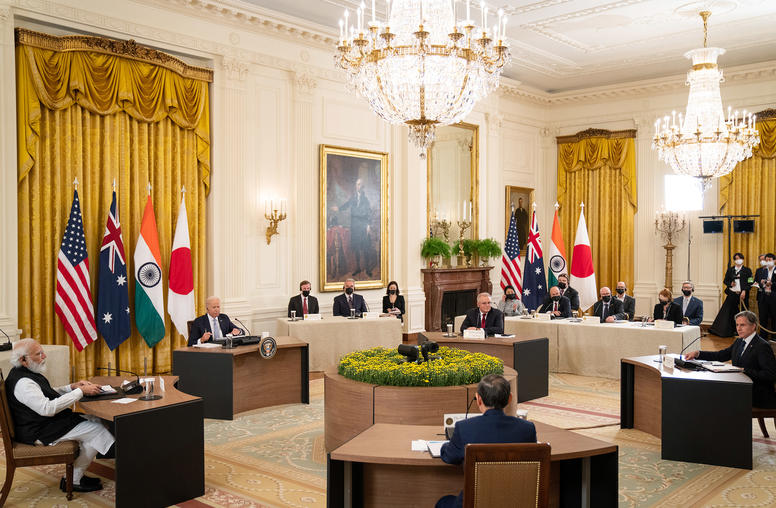
What the Quad Leaders’ Summit Means for the Indo-Pacific Amid Rising Tensions with China
On September 24, President Biden hosted Australian Prime Minister Scott Morrison, Indian Prime Minister Narendra Modi and Japanese Prime Minister Yoshihide Suga at the White House for the first-ever in-person Quad Leaders’ Summit. The event marked a milestone for the group, which started as an ad hoc coordination mechanism for humanitarian assistance and disaster relief after the 2004 Indian Ocean tsunami. The four leaders unveiled a slate of new initiatives on a range of pressing global issues — from climate change and COVID-19 to technology, infrastructure and education — as well as formalized plans to meet annually.
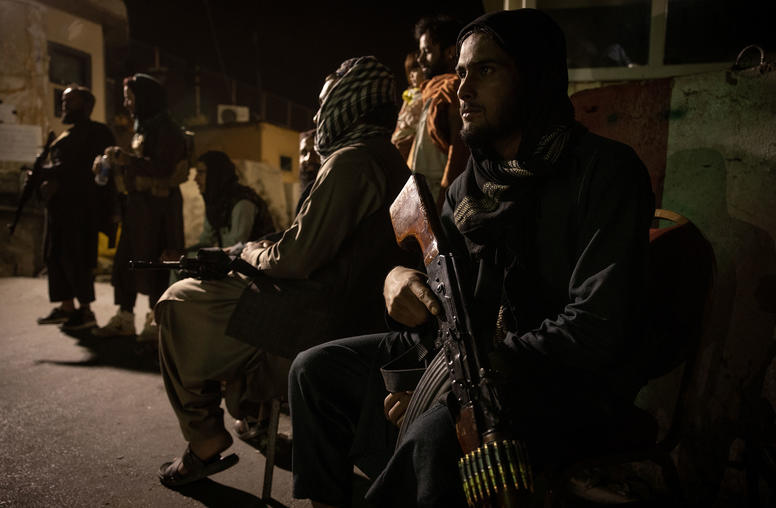
How the Region is Reacting to the Taliban Takeover
While the Taliban’s swift advance into Kabul over the weekend has left much of the West reeling, Afghans themselves will bear the brunt of the militant group’s rule. Beyond Afghanistan’s borders, its neighbors will feel the most immediate impact. Earlier this year, Russia, China and Pakistan affirmed that the future of Afghanistan should be decided through dialogue and political negotiations. How will they engage with the Taliban now?

The Impact of COVID-19 on South Asian Economies
The COVID-19 pandemic has caused one of the most serious public health and economic crises faced by India, Bangladesh, and Pakistan in recent years. This report looks at the economic impact on these nations, their prospects for the remainder of 2021, and their relations with the United States. It identifies key areas of focus for ensuring the subcontinent’s recovery is equitable—which, in the context of an erosion of democratic norms, growing authoritarianism, and severe crackdown on dissent, could help avoid economic and social instability.
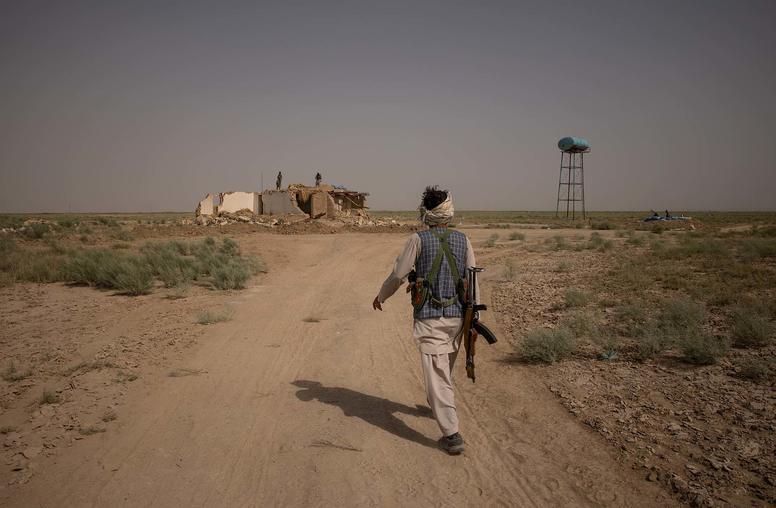
India, Pakistan Watch Warily as Taliban Move to Takeover
The Taliban’s rapid advances have caught the region and the United States off guard. The deterioration in security has forced India, along with many other countries, to retrench its diplomatic presence in the country, closing consulates outside of the capital of Kabul. There have been conflicting reports over the past month over whether or not Indian officials have engaged in talks with Taliban representatives in Qatar. Afghanistan’s neighbors all prefer a negotiated political settlement to the conflict but are preparing for the worst and could look to armed Afghan factions to protect their interests. Meanwhile, Kabul and Islamabad are blaming each other for the spiraling security situation.